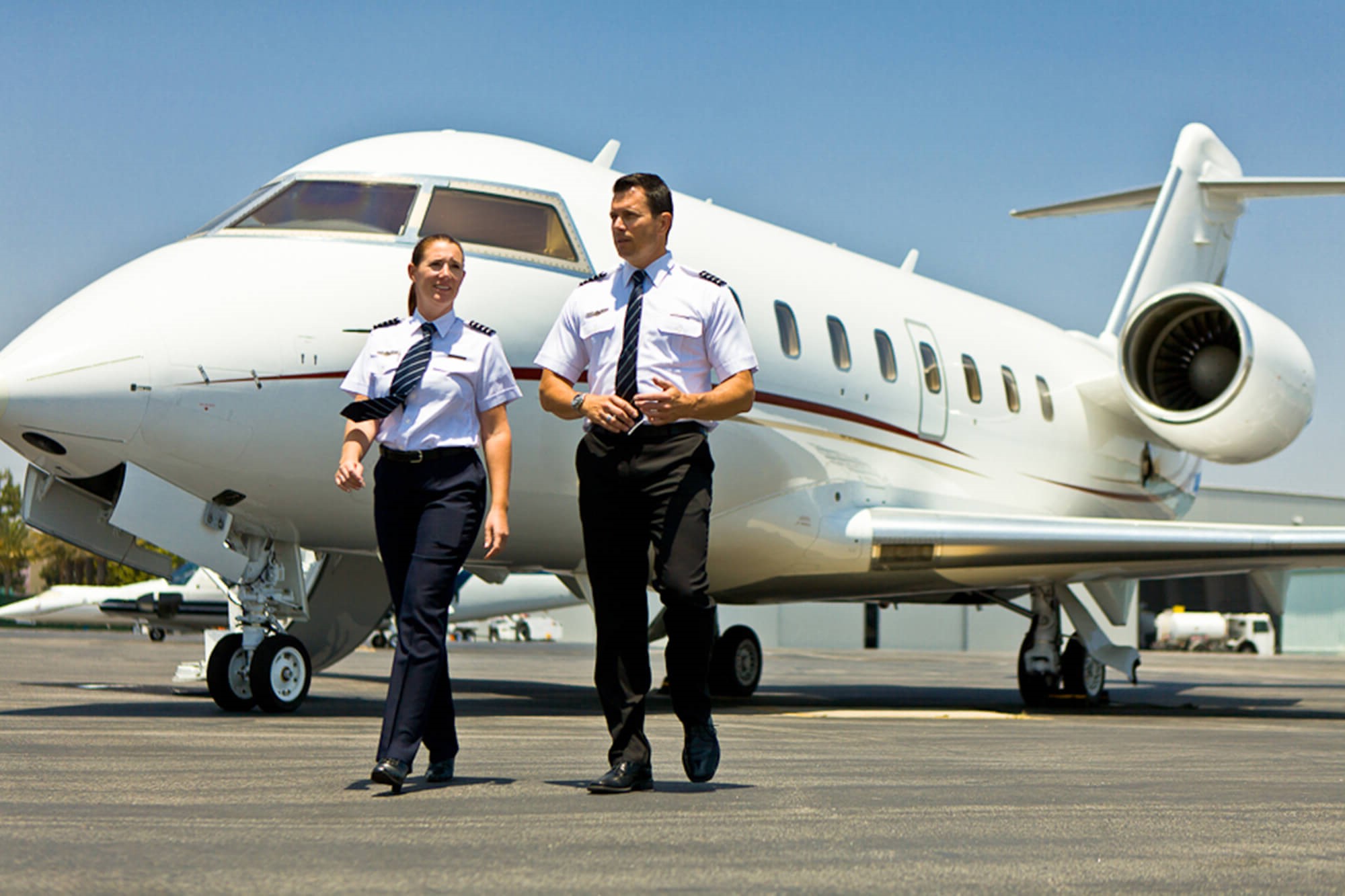
Ever wondered what makes the aviation industry tick? It's not just about planes and pilots. Behind every flight, there's a massive team working tirelessly to ensure everything runs smoothly. From engineers to air traffic controllers, the aviation workforce is a diverse group of professionals dedicated to keeping the skies safe. Did you know that the aviation industry employs millions worldwide? These workers handle everything from maintenance to customer service, ensuring your journey is seamless. Curious about what it takes to keep this complex machine running? Let's dive into some fascinating facts about the people who make air travel possible. Buckle up; you're in for an enlightening ride!
Key Takeaways:
- The aviation industry relies on a diverse workforce, including pilots, flight attendants, air traffic controllers, and ground crew, each with unique responsibilities and challenges.
- From extensive training for pilots to cultural sensitivity for flight attendants, and high-stress coordination for air traffic controllers, the aviation workforce is a dynamic and essential part of keeping the skies safe and efficient.
The Aviation Industry Workforce: An Overview
The aviation industry is a complex and dynamic field that requires a diverse range of skills and expertise. From pilots to ground crew, each role is crucial for the smooth operation of flights and airports. Let's explore some fascinating facts about the people who keep the skies safe and efficient.
Pilots: The Sky's Guardians
Pilots are the most visible members of the aviation workforce. Their responsibilities go beyond just flying the plane.
- Extensive Training: Pilots undergo rigorous training, including hundreds of flight hours and simulations, before they can command a commercial aircraft.
- Continuous Learning: Even after certification, pilots must complete regular training and assessments to stay current with new technologies and regulations.
- Health Standards: Pilots must meet strict health and fitness standards, including regular medical exams to ensure they can handle the physical and mental demands of flying.
Flight Attendants: The In-Flight Heroes
Flight attendants play a vital role in ensuring passenger safety and comfort during flights. Their job is much more than serving drinks and snacks.
- Safety Training: Flight attendants receive extensive training in emergency procedures, first aid, and conflict resolution.
- Cultural Sensitivity: They often deal with passengers from diverse backgrounds and must be adept at handling various cultural norms and expectations.
- Long Hours: Flight attendants often work long hours, including overnight flights and layovers in different time zones, which can be physically and mentally taxing.
Air Traffic Controllers: The Ground Commanders
Air traffic controllers manage the safe and efficient movement of aircraft on the ground and in the air. Their job is one of the most stressful in the aviation industry.
- High Stress: Air traffic controllers work in high-pressure environments where split-second decisions can prevent accidents.
- Advanced Technology: They use sophisticated radar and communication systems to monitor and direct aircraft.
- Team Coordination: Effective communication and coordination with pilots, ground crew, and other controllers are essential for maintaining safety and efficiency.
Ground Crew: The Unsung Heroes
Ground crew members are responsible for a wide range of tasks that ensure flights depart and arrive on time. Their work often goes unnoticed but is crucial for the aviation industry.
- Diverse Roles: Ground crew includes baggage handlers, aircraft maintenance technicians, and fueling staff, each playing a specific role in flight operations.
- Physical Demands: Many ground crew jobs are physically demanding, requiring heavy lifting and working in various weather conditions.
- Safety Protocols: Ground crew must follow strict safety protocols to prevent accidents and ensure the smooth operation of flights.
The Final Descent
Understanding the aviation industry workforce gives us a peek into a world that keeps our skies safe and connected. From pilots and flight attendants to air traffic controllers and maintenance crews, each role is vital. The industry's growth means more jobs and opportunities for those passionate about aviation.
Training and certification are rigorous, ensuring high standards and safety. Technological advancements continue to shape the industry, creating new roles and demands. The global nature of aviation also highlights the importance of cultural awareness and language skills.
Whether you're considering a career in aviation or just curious, knowing these facts helps appreciate the complexity and dedication behind every flight. The next time you board a plane, remember the countless professionals working tirelessly to make your journey possible. Safe travels!
Frequently Asked Questions
Was this page helpful?
Our commitment to delivering trustworthy and engaging content is at the heart of what we do. Each fact on our site is contributed by real users like you, bringing a wealth of diverse insights and information. To ensure the highest standards of accuracy and reliability, our dedicated editors meticulously review each submission. This process guarantees that the facts we share are not only fascinating but also credible. Trust in our commitment to quality and authenticity as you explore and learn with us.


